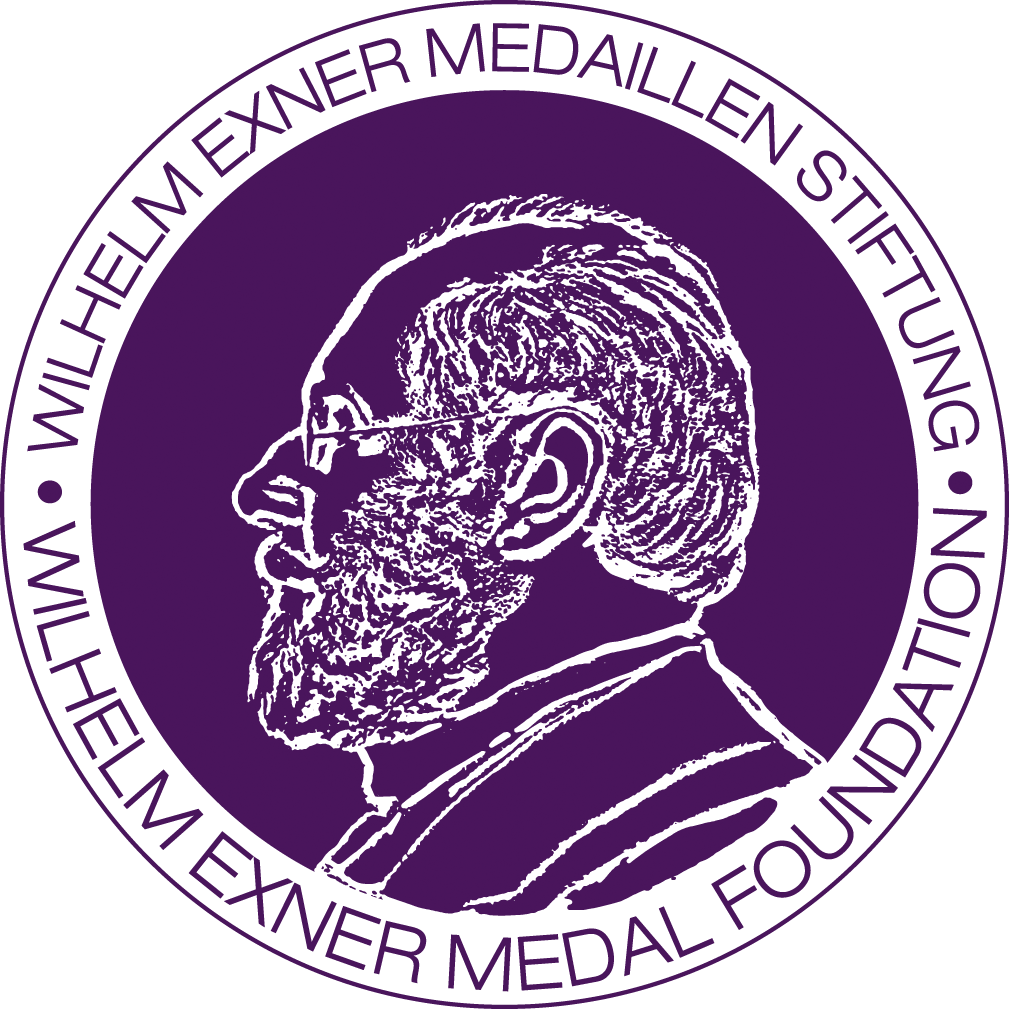
Friedrich Bergius studied chemistry at the universities of Breslau and Leipzig, graduating in 1907. He then worked as a university assistant for the 1920 Nobel Prize winners Walter Nernst and Fritz Haber and at the Hanover Technical University.
In 1911 he set up a private laboratory in Hanover and worked as a private lecturer at the Hanover Technical University, conducting systematic studies on the applicability of high pressures and high temperatures to chemical reactions. His research led to the registration of a “process for the liquefaction of hard coal” as early as 1913.
In this way, Bergius also laid the foundation for the Nobel Prize he was awarded in 1931. In order to be able to implement this process technically, Bergius joined the Essen-based Goldschmidt company as technical manager in 1913. After three years of preparation, Bergius was able to carry out large-scale technical trials from 1916 onwards, thus helping the process he had invented to become ready for series production.

